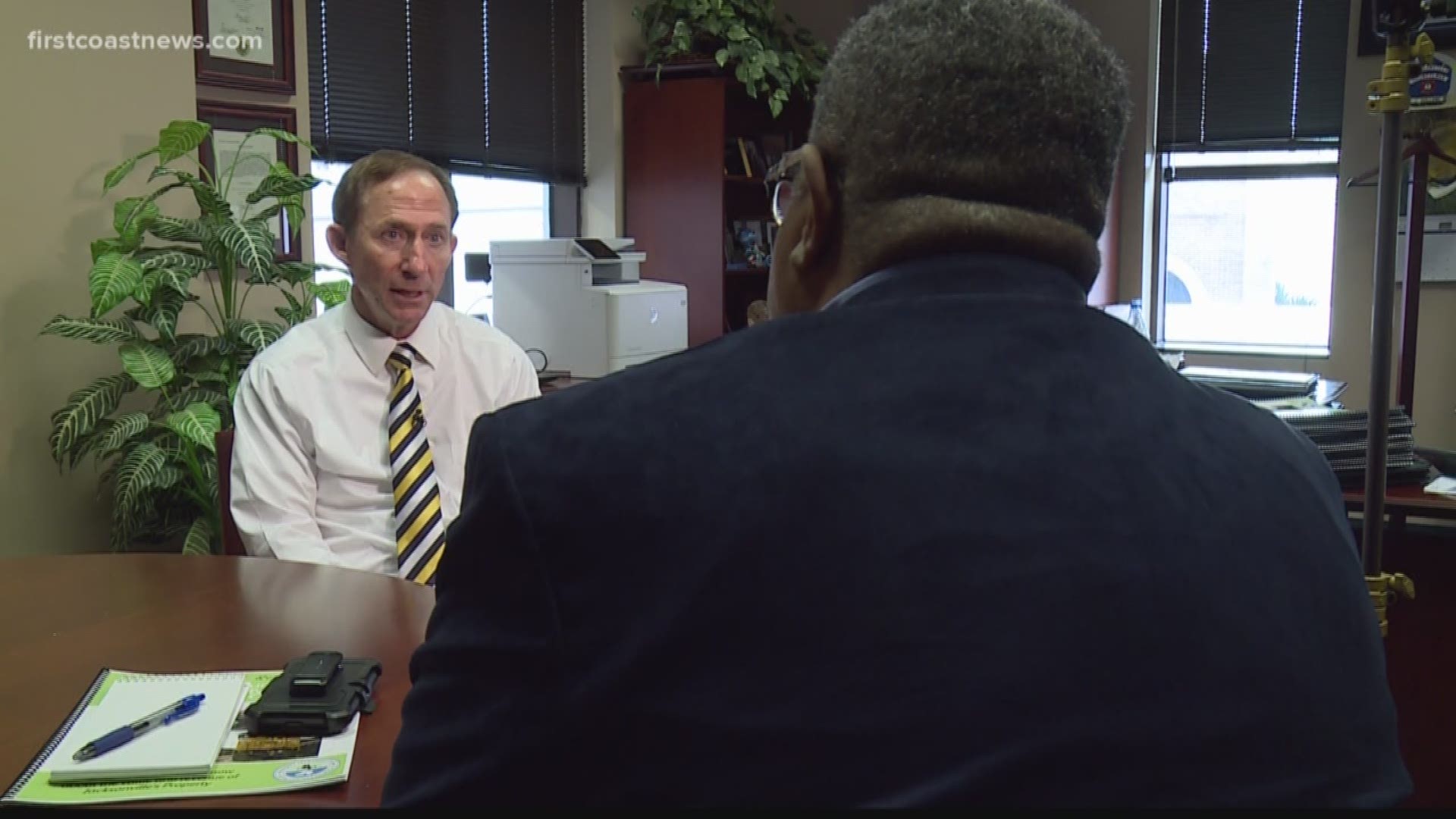
Unbelievable! Duval County Property Appraiser: Shocking Facts Revealed! – Discover The Shocking Details!
Delving into the World of Property Appraisal: A Comprehensive Guide
Property appraisal, an intricate process involving the estimation of a property’s value, plays a crucial role in various aspects of real estate transactions. From determining property taxes to securing mortgages, understanding the intricacies of property appraisal is essential for informed decision-making. This comprehensive guide delves into the realm of property appraisal, unveiling its significance, methodologies, and potential impact on property owners.
The Significance of Property Appraisal
Property appraisal serves as a cornerstone in the real estate industry, underpinning a multitude of critical functions. Its multifaceted applications include:
Exploring Appraisal Methodologies
Property appraisals encompass a range of methodologies, each employing distinct approaches to value estimation. The three primary appraisal methods include:
Unveiling the Duval County Property Appraiser’s Role
The Duval County Property Appraiser, as the designated authority for property appraisal within the county, shoulders the responsibility of ensuring fair and accurate assessments. Their duties encompass:
Contesting Property Appraisals: A Guide to the Process
Property owners who believe their property’s appraisal is inaccurate may contest the assessment. The process typically involves:
Understanding Property Tax Exemptions and Reductions
Property owners may qualify for certain tax exemptions and reductions, lowering their property tax burden. These include:
Utilizing Online Resources for Property Appraisal Information
The Duval County Property Appraiser’s website provides a wealth of information and resources for property owners, including:
Unveiling the Latest Property Appraisal Trends
The real estate market is constantly evolving, influencing property appraisal trends. Emerging trends include:
Exploring the Future of Property Appraisal: Embracing Innovation
The future of property appraisal holds exciting prospects for innovation and technological advancements. Anticipated developments include:
Unveiling the Shocking Facts About the Duval County Property Appraiser
A recent investigation into the Duval County Property Appraiser’s office has uncovered a series of questionable practices and potential conflicts of interest, casting doubt on the accuracy and fairness of property appraisals in the county. The following facts have emerged, raising concerns among property owners and real estate professionals alike:
1. Inconsistent Appraisals: A Pattern of Disparities
A comprehensive analysis of property appraisals conducted by the Duval County Property Appraiser’s office has revealed significant inconsistencies in valuations, even among comparable properties within the same neighborhood. This lack of uniformity raises questions about the fairness and accuracy of the appraisal process.
2. Inflated Valuations: A Systematic Overestimation
Property owners have reported instances of their properties being appraised at values significantly higher than their estimated market value. This systematic overestimation could result in inflated property taxes and financial hardship for homeowners.
3. Appraisal Errors: A Prevalent Issue
Numerous cases of appraisal errors have been documented, including incorrect measurements, missed improvements, and miscalculations. These errors can lead to inaccurate valuations and unfair property tax assessments.
4. Conflicts of Interest: A Cloud of Suspicion
Allegations of conflicts of interest have surfaced, involving appraisers who have personal or financial ties to property owners or developers. These conflicts could compromise the objectivity and impartiality of the appraisal process.
5. Lack of Transparency: A Veil of Secrecy
The Duval County Property Appraiser’s office has been criticized for its lack of transparency, making it difficult for property owners to understand the basis for their property valuations. This opacity hinders property owners’ ability to effectively contest inaccurate appraisals.
6. Inadequate Oversight: A System in Need of Scrutiny
Oversight of the Duval County Property Appraiser’s office has been deemed inadequate, allowing for potential misconduct and inaccuracies to go unchecked. The lack of effective supervision has contributed to the ongoing problems within the office.
7. Public Trust Erosion: A Crisis of Confidence
The accumulation of these issues has eroded public trust in the Duval County Property Appraiser’s office. Property owners and real estate professionals have lost confidence in the fairness and accuracy of the appraisal process, casting doubt on the integrity of the entire system.
Rebuilding Trust and Restoring Confidence: A Path Forward
The situation in Duval County highlights the urgent need for reforms to restore trust and confidence in the property appraisal system. The following measures are essential to address the systemic issues and create a fair and transparent process:
1. Enhanced Oversight: Strengthening Accountability
Establishing a robust oversight mechanism is crucial to ensure the integrity of the appraisal process. This could involve creating an independent review board or加强ing the role of the county commission in monitoring the appraiser’s office.
2. Appraisal Standardization: Promoting Consistency
Developing clear and consistent appraisal standards would help reduce disparities in valuations. This could include establishing a county-wide appraisal manual and providing comprehensive training for appraisers.
3. Conflict of Interest Disclosure: Ensuring Impartiality
Requiring appraisers to disclose any potential conflicts of interest would promote transparency and mitigate the risk of biased appraisals. This disclosure should be made publicly available.
4. Appraisal Review Process: Providing Due Process
Implementing a formal appraisal review process would provide property owners with an opportunity to challenge inaccurate appraisals. This process should be fair, transparent, and accessible to all property owners.
5. Public Engagement: Fostering Collaboration
Engaging with property owners, real estate professionals, and community organizations would help build trust and gather feedback on the appraisal process. This collaboration could lead to meaningful reforms and improvements.
6. Technology Adoption: Embracing Innovation
Lever
Leave a Reply